Coronavirus: China free-trade deal ‘at risk with retaliation from Beijing to worsen’
The nation’s leading business broker on China has warned that the bilateral free-trade agreement is being tested.
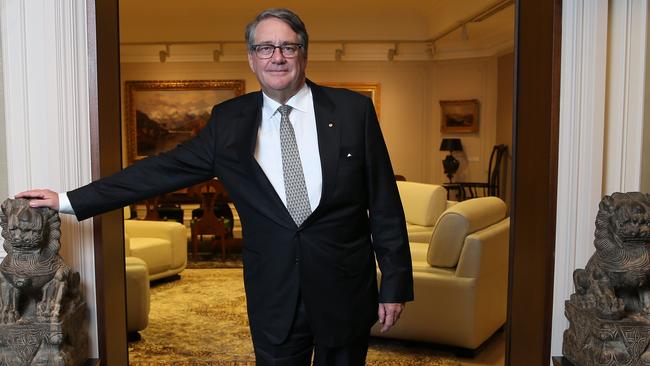
The nation’s leading business broker on China has warned that the bilateral free-trade agreement is being tested, cautioned of the risk of further trade retaliation from Beijing and said China’s investment in Australia had been cut by “well over 50 per cent”.
Australian businessman Warwick Smith, a Howard government minister with unparalleled ties into China, said the nation was charting a new course in its relationship with Beijing, to be managed with “patience, no quick judgments, and no emotionalism”.
“We had a free-trade agreement in 2014 but that was 10 years in the making,” Mr Smith said.
“Whether that continues to be a real support for us is yet to be tested.”
After Scott Morrison made the case for an international inquiry into the origins of the coronavirus outbreak, China this week froze imports from four Australian meat exporters and threatened to impose tariffs of 80 per cent on domestic barley producers.
Mr Smith, chairman of the Business Council of Australia China Leadership Group, warned it was a “reasonable proposition” that the trade clash would worsen. He urged the government to “be patient, be calm (and) deal with this on a case-by-case basis”.
“We now rely very much on education and tourism, which are discretionary spends by China, along with the long-term contracts in our merchandise trade,” he said.
Sounding a warning on trade diversification, Mr Smith said this process would take time and that Australia had no other markets for the extensive iron ore and coal trade in the near term, although China could find alternatives.
The Prime Minister said on Friday that his support for an inquiry into the virus was “completely unremarkable” and that Australia was “standing our ground on our values and the things that we know are always important”.
Australia is set to back a draft EU resolution at the World Health Assembly next week calling for an evaluation to be conducted in consultation with member states on “lessons learnt” from the COVID-19 response to establish a global initiative on pandemic preparedness.
Mr Morrison said Australia, like China, would “draw very clear lines about things that are very important to us”.
“We respect their lines as we expect our lines to be respected, whether it’s on our foreign investment rules or our rules around technology, our rules regarding human rights and things of that nature,” he said.
“I don’t think any Australian would want us to compromise on those important things. And those things are not to be traded, ever.”
His comments came as the US ambassador to Australia, Arthur B. Culvahouse Jr, accused the Chinese Communist Party of exploiting the pandemic to further its interests. “What Foreign Minister Marise Payne rightly referred to as destabilising activities are hardly new tactics from the CCP playbook, but they are being pursued with shocking new vigour as the rest of the world is focused on combating the COVID-19 pandemic, one which the CCP — through gross negligence, obsessive secrecy, and brazen dishonesty — first covered up while exporting it to the world,” he wrote in the Defence Connect journal.
“Sadly, in this playbook creating a global pandemic is treated as one more opportunity to advance geostrategic objectives.”
While Mr Smith backed the need for an independent approach to Beijing, he warned that Chinese investment flows into Australia were being withdrawn and had worsened since a KPMG and Sydney University study showed they had declined by 37 per cent in 2018. “Chinese direct investment in Australia for the current period has dropped by well over 50 per cent and potentially 60 per cent,” he said. “Our relationship with China is not just about trade. The fundamental global point is that the biggest single export of China is capital.”
Mr Smith’s comments come several weeks after he resigned from the government’s National Foundation for Australia-China Relations, which had replaced the 40-year Australia-China Council, of which he was the longstanding chairman.
The new body was charged with the task of deepening engagement at a government, business and community level.
The government has come under pressure over its management of the China relationship as it pursues an inquiry into the origins of COVID-19.
Labor has attacked outspoken conservative members of the Coalition backbench for antagonising Beijing and accused Senator Payne of a lack of leadership.
The Australian revealed this week that the powerful Australian Workers Union had written to Mr Morrison, urging his government to “hold its nerve” in the face of Chinese trade threats.
Former secretary of the Department of Foreign Affairs and Trade Peter Varghese has also urged Australia to embrace a new China strategy of “engage and constrain” and warned of the risk of a US “decoupling” from China.
Mr Varghese said Australia would need to strengthen its ability to resist economic coercion while striking a domestic consensus to re-establish communication channels with Beijing and develop new areas of co-operation.
He said Australia should strive to form a new strategic equilibrium in the Indo-Pacific in which the US, Japan, India and Australia — “the quad” — as well as Indonesia and Vietnam could check Chinese dominance and impose penalties for bad behaviour.
“This is not an anti-China alliance. But each of these nations has its own reasons for not wanting to see China dominate the region,” he told The Weekend Australian. “Their common purpose is ensuring this does not happen. Do not treat China as an enemy but quietly abandon the notion that we can have a comprehensive strategic partnership with China for as long as it remains a one-party authoritarian state.”


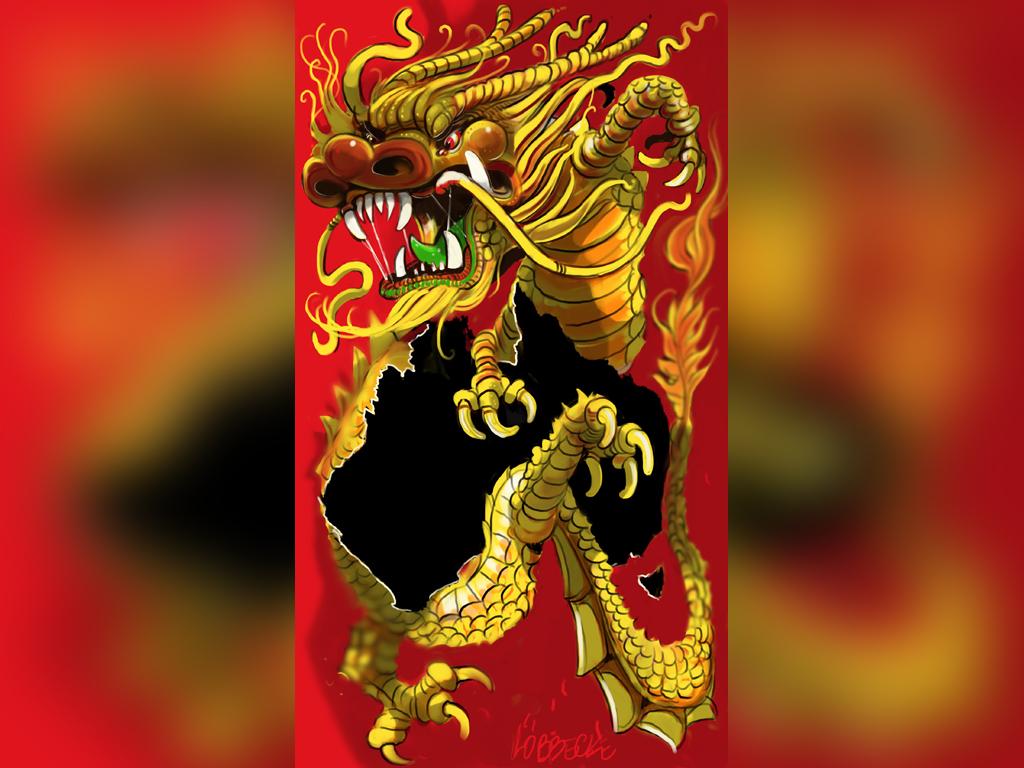
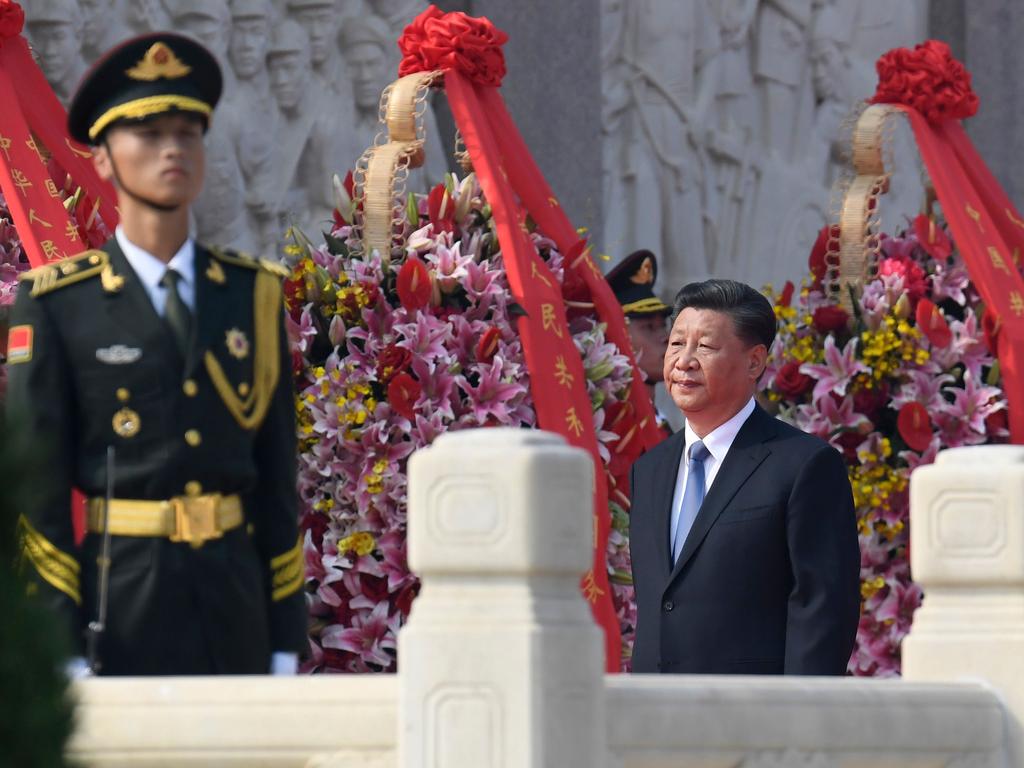
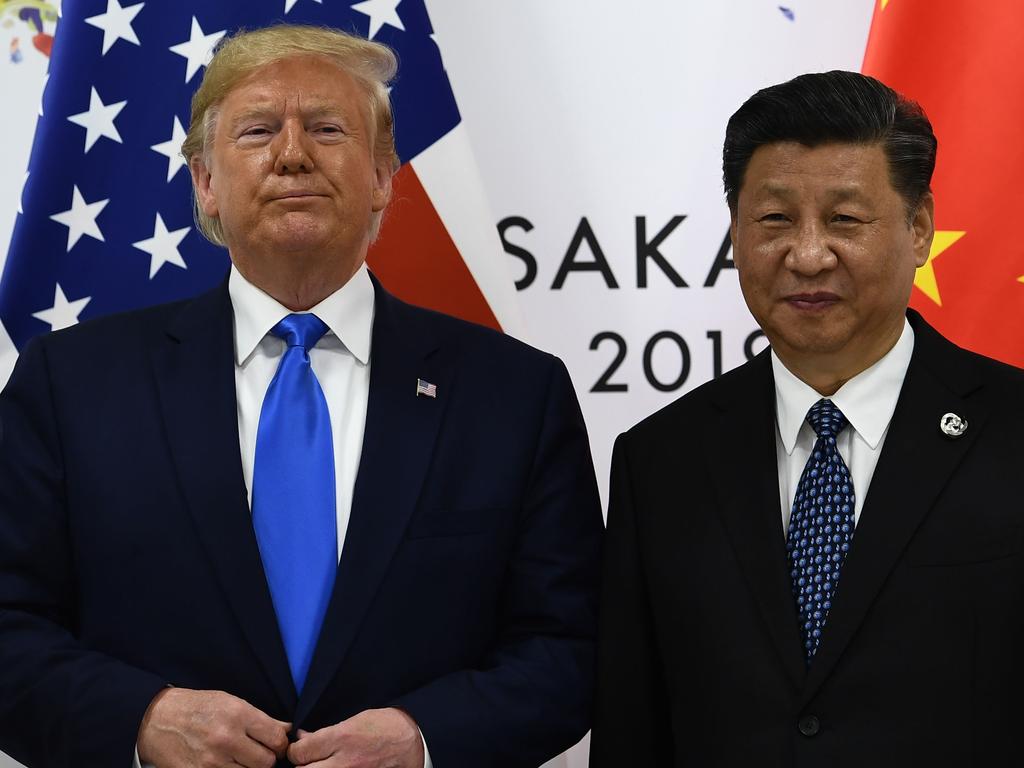

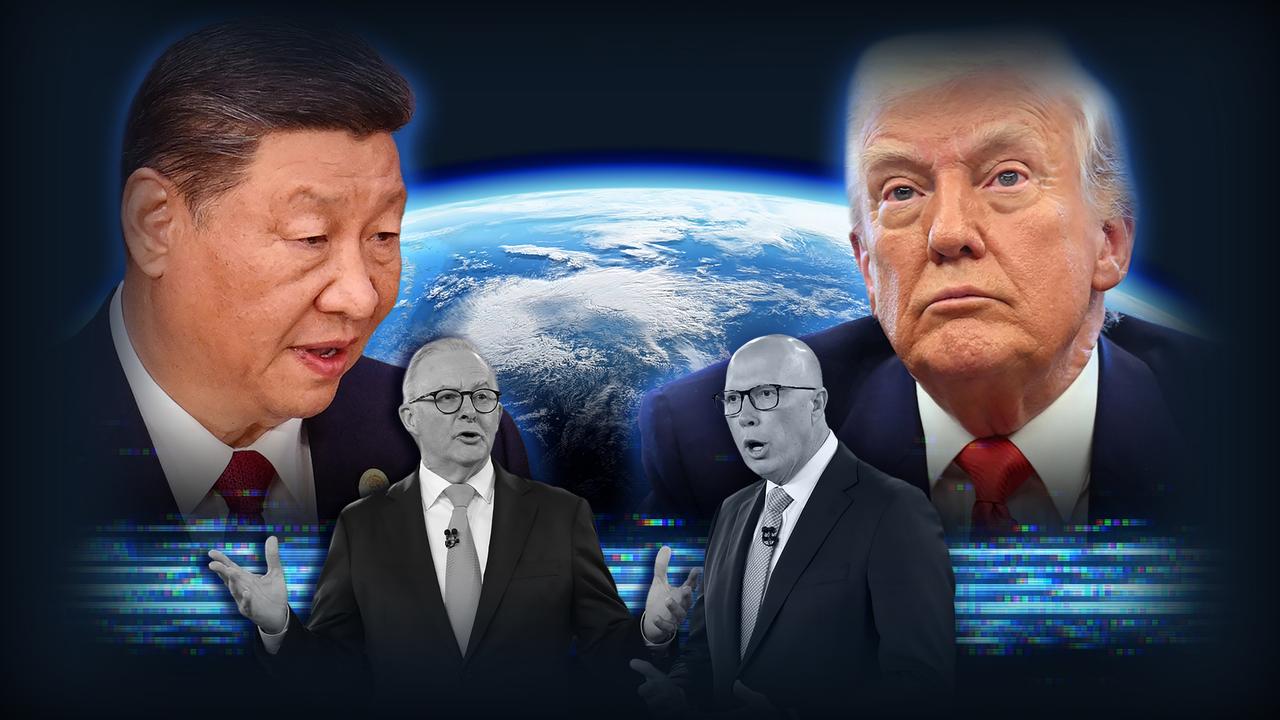
To join the conversation, please log in. Don't have an account? Register
Join the conversation, you are commenting as Logout